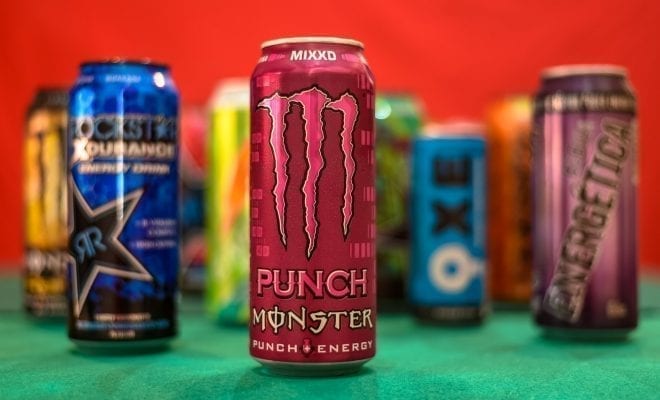
Lifestyle
The Dangers of Energy Drinks
The global energy drink business is valued at nearly $40 billion, and it is expected to undergo even greater growth in the coming years. With beverages promising a quick boost of energy, there has been renewed concern over the potential health risks of consuming these drinks.
While energy drinks are generally regarded as being fairly safe, there are some health risks for people who take certain medications are have a specific type of heart condition. A study published in the Journal of the American Heart Association found that highly caffeinated drinks have a direct impact on the electrical signals in the heart, and can correlate with elevated blood pressure.
These changes are relatively mild, but if someone drinks an energy drink packed with 300mg of caffeine and already has a history of heart issues, they could put themselves at risk of a fatal arrhythmia or irregular heartbeat. This, paired with the fact that energy drinks are not as heavily scrutinized for safety, make it a good idea to approach these beverages with caution.
Energy drinks typically contain a host of ingredients including 150-300 mg of caffeine, sugars, vitamins, and a host of legal stimulants like guarana and L-carnitine. When combined in these large quantities, the effects may become enhanced.
There have been several cases of over-consumption of energy drinks leading to cardiac arrest. Take for example the case of an amateur motocross rider that consumed eight cans of an energy drink. The combined high doses of caffeine and taurine sent his heart in cardiac arrest. Physicians found the arteries of the young man’s heart to be completely locked up due to the two ingredients constricting the vessels.
In addition to cardiac-related risks, energy drinks can also have negative effects on the brain as well. A study conducted by the US military showed that those who drank three or more energy drinks per day were more likely to get about four hours of sleep or less.
400 milligrams of caffeine is typically the recommended daily limit for most adults, though this number can be quickly reached after consuming just one energy drink. As energy drinks continue to increase in popularity, researchers plan to further study the long term yet-to-be-known health risks that could come along.





0 comments